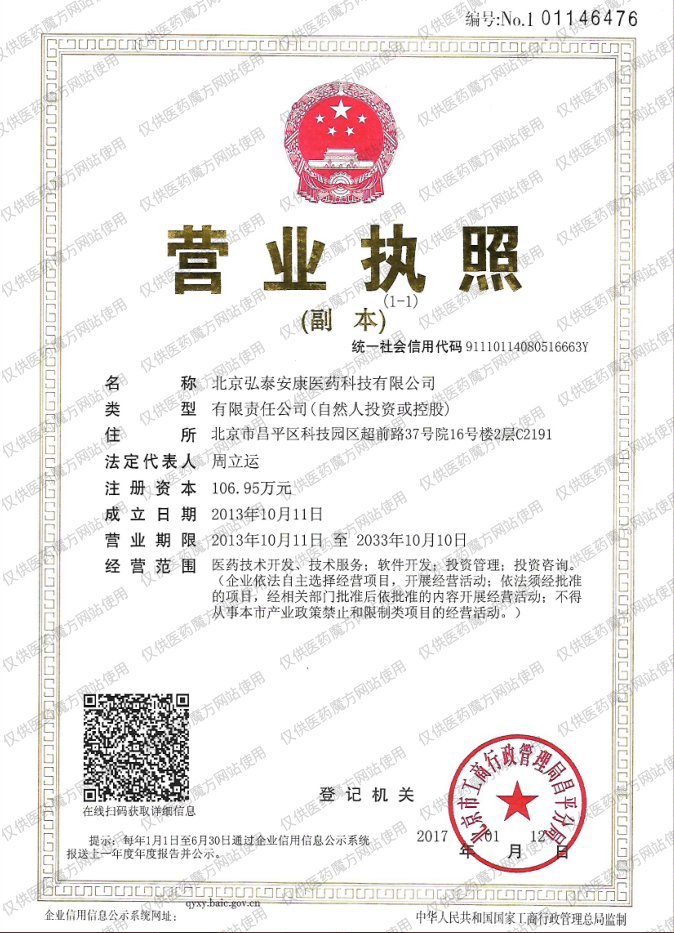With patent win, Amgen ready to block PCSK9 rivals in Germany
Amgen and its PCSK9 rivals Sanofi and Regeneron have been battling over U.S. patents for years, but this week Amgen scored a win in Germany—and it's the sort of win the company would like to duplicate in the U.S.
A German court in Düsseldorf ruled Sanofi and Regeneron’s Praluent infringes an Amgen patent and granted Amgen's request for an injunction to push its rivals' drug off the market. Now, Amgen can post a bond for the injunction to go into effect.
In a statement, Amgen said it intends to enforce the decision and is “committed to facilitating a smooth transition to Repatha.” The company is prioritizing “continuous care” for patients and isn’t immediately seeking removal of Praluent stock in hospitals and pharmacies.
Sanofi and Regeneron said they’re disappointed and “continue to believe that patients and physicians should have a choice of cholesterol-lowering therapies in order to achieve optimal lipid-lowering for patients.” The partners said they believe the “law and facts support our positions.”
The loss comes amid a yearslong patent battle in the U.S. Amgen initially scored an injunction way back in 2016, and the following year an appeals court tossed the ban. More recently, in February, Amgen convinced a jury in California its patents are valid. Sanofi and Regeneron argue Amgen has "overly broad" patent claims.
Afterward, Sanofi and Regeneron said they planned to pursue every legal avenue to invalidate the Amgen patents, starting with a motion to overturn the jury verdict.
Hundreds of millions of dollars are at stake. Repatha sales last year reached $358 million in the U.S. and $192 million in the rest of the world. Praluent hasn’t been as successful commercially, growing to €261 million ($293 million) in global sales last year.
The companies launched their PCSK9 cholesterol drugs back in 2015 to great fanfare, but the meds never lived up to early commercial expectations. Payers clamped down on access due to list prices of around $14,000 per year. This year, the companies cut their prices dramatically in a bid to bolster access.
安进与其 PCSK9 竞争对手赛诺菲 (Sanofi) 和再生元 (Regeneron) 一直在争夺美国多年的专利,但安进本周在德国赢得了胜利——这是该公司希望在美国复制的那种胜利。杜塞尔多夫的一家德国法院裁定赛诺菲和 Regeneron 的 Praluent 侵犯了安进的一项专利,并批准了安进提出的将对手药物推出市场的禁令请求。现在,安进公司可以为禁令的生效提供担保。在一份声明中,安进表示将强制执行该决定,并“致力于促进向 Repatha 的平稳过渡。" 该公司正在优先为患者提供 " 持续护理 ",并没有立即寻求撤掉医院和药店的 Praluent 股票。赛诺菲和 Regeneron 表示,他们感到失望,“继续相信患者和医生应该有一种降胆固醇疗法的选择,以便为患者达到最佳降脂效果。合伙人说,他们相信“法律和事实支持我们的立场。”“相关:安进说服陪审团支持 PCSK9 专利,让赛诺菲和 Regeneron 重新进行辩护。这次损失是在美国进行了长达一年的专利争夺战之际发生的。安进最初在 2016 年获得禁制令,次年上诉法院抛出禁令。最近,在 2 月份,安进公司说服了加州的陪审团其专利是有效的。赛诺菲和 Regeneron 认为安进的专利权利要求“过于宽泛”。之后,赛诺菲和 Regeneron 表示,他们计划寻求各种法律途径使安进的专利无效,从推翻陪审团裁决的动议开始。数亿美元正处于危险之中。Repatha 去年在美国的销售额达到 3.58 亿美元。以及世界其他地区的 1.92 亿美元。Praluent 在商业上并不那么成功,去年全球销售额增长到 2.61 亿欧元(2.93 亿美元)。相关:PCSK9 降价对决正在进行,因为 Regeneron 和赛诺菲大幅削减 Praluent 名单标签 60% 的公司在 2015 年大张旗鼓地推出了他们的 PCSK9 胆固醇药物,但这些药物从未达到早期的商业预期。由于每年的定价约为 14,000 美元,付款人限制进入。今年,这两家公司大幅降价,以增加进入的机会。

扫码实时看更多精彩文章



